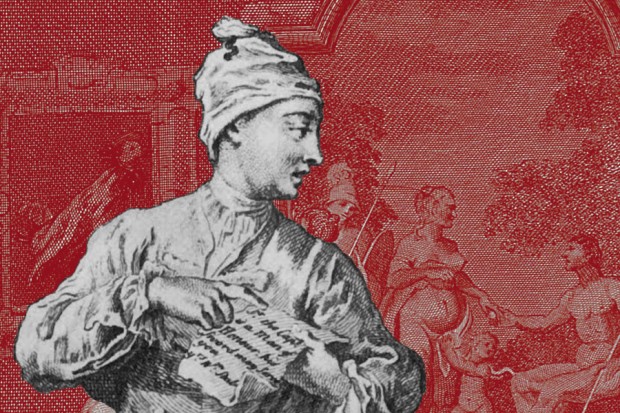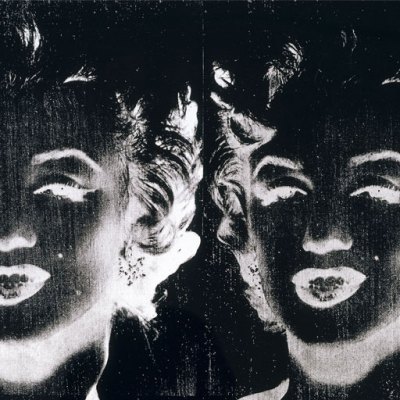Introducing Rakewell, Apollo’s wandering eye on the art world. Look out for regular posts taking a rakish perspective on art and museum stories.
Rakewell wishes a prematurely happy 80th birthday to former Rolling Stones bass player Bill Wyman, who will be marking the advent of his 9th decade with an exhibition of photographs at London’s Proud Chelsea Gallery in October.
Wyman, though chiefly famous beyond the Stones for his taciturn manner and his Sticky Fingers restaurant in Kensington, is apparently a keen amateur photographer, and has spent much of the past half century or so snapping candid shots of his bandmates and famous friends. Jumpin’ Jack Flash indeed.
But Wyman isn’t the only Stone to grace London’s galleries – far from it. In the 1960s, Mick Jagger and Keith Richards befriended Robert ‘Groovy Bob’ Fraser, the hipper-than-thou art dealer whose Duke Street gallery helped foster the careers of figures including Jim Dine, Richard Hamilton, and Peter Blake. As Blake told Fraser’s biographer Harriet Vyner:
‘You could just as well say that Mick Jagger and the others were interested in hanging around Robert […] Mick at that time was still a ruffian although famous. In a way he got more from Robert than Robert got from him. He learned a certain sophistication [from Fraser].’
Indeed, as Richards later confirmed, ‘A lot of [Fraser’s humour] went over my head at the time, I’ve no doubt, because he would be talking about people like Jim Dine, etc.’
In any case, Fraser’s tastes – he was an early champion of Andy Warhol in the UK – evidently made quite an impact on the young Stones. In 1971, they commissioned the Pop Art titan to design the cover for their LP Sticky Fingers, which featured a real zip stitched over a suggestive photo of a male crotch in a tight pair of jeans. Warhol also made several portraits of Jagger, though his enthusiasm for the singer didn’t stretch to tolerating his significant others: in his diaries, he helpfully summed up Bianca Jagger with the phrase ‘God, she’s dumb’.
And then there are Ronnie Wood’s paintings. In a 2014 article about rock stars’ artistic efforts, Guardian art critic Jonathan Jones paused to take a look at one of the guitarist’s paintings and concluded that ‘there is no point at all to Ronnie Wood’s art […] This could just as easily be a painting by a Big Brother finalist as a guitar hero – it has absolutely nothing special or even personal about it.’ Well, he said it.
Got a story for Rakewell? Get in touch at rakewell@apollomag.com or via @Rakewelltweets.




